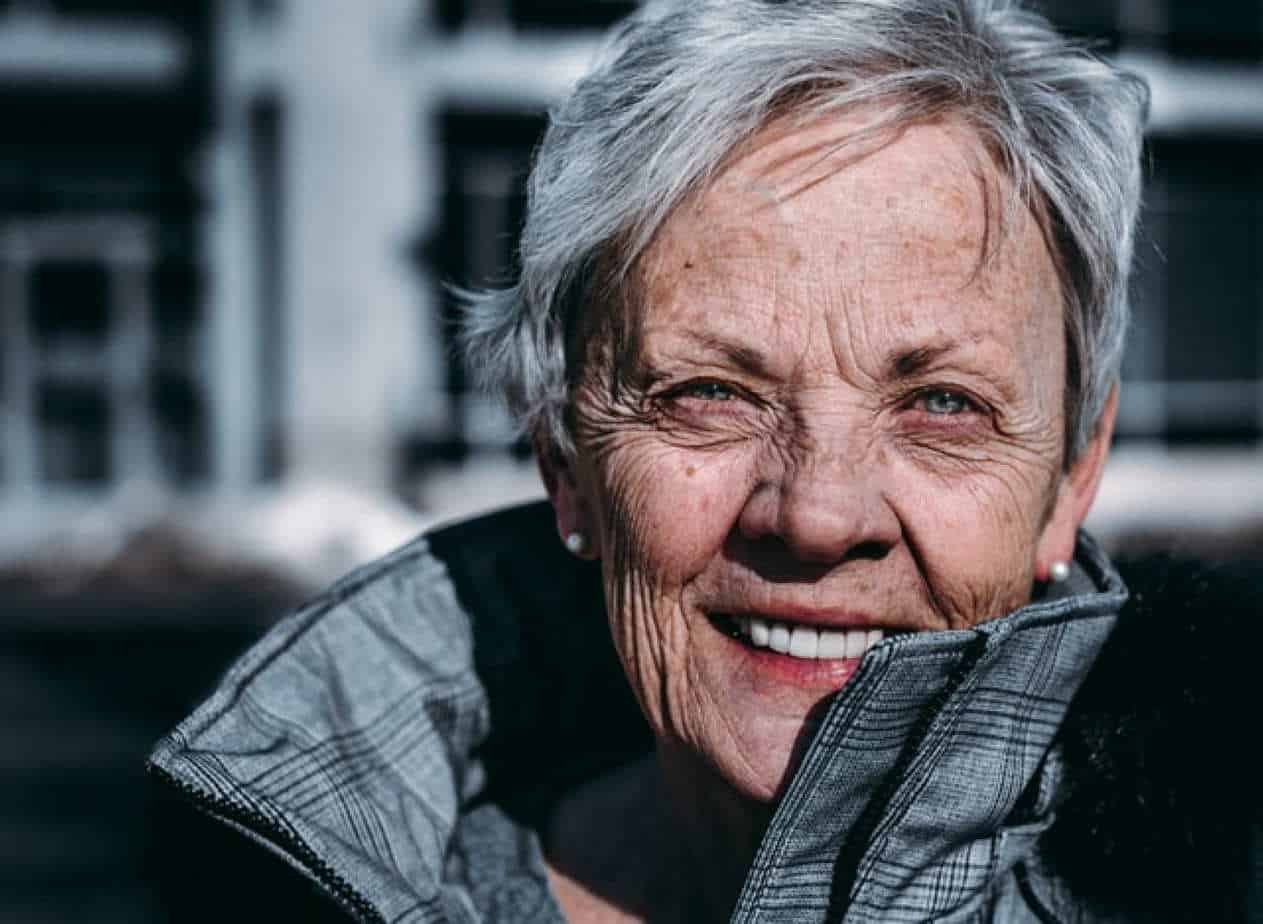If you’re suffering from an anxiety disorder, now consider the challenges of living with this, while fuelling a drug or alcohol addiction. On the other end of the spectrum, if you’re struggling with substance abuse, now imagine attempting to control anxious feelings or great worry. This is the reality for many individuals, where both conditions aggravate one another, making balance and recovery very difficult.
Down to these concerns, down to the physical and psychological health worries of both standalone illnesses and the prospect of a dual diagnosis, it’s important to share the probabilities of developing both, along with treatment options.
At Nova Recovery, we specialise in addiction recovery, along with supporting clients through mental health conditions, such as anxiety. If you are suffering, please feel reassured that treatments are available, that recovery can be met, and that maintaining the recovery of a dual diagnosis for the future is possible. Reach out today to understand the relationship between addiction and anxiety, and how to overcome both via our rehab hospital.
What is addiction?
Addiction is a complex brain illness which is commonly fuelled through psychological associations to addictive stimuli. Drug and alcohol addictions are in fact the most recognised and experienced addictions across the UK, carrying great concern over excessive drug and alcohol consumption.
While physical consumption drives the consumption of addiction, psychological connections ultimately motivate and aggravate the multifaceted angles of addiction. With this in mind, it is a challenging illness to treat and overcome, down to significant adaptations, occurring in the brain.
Through an addiction, there is a great likelihood that personalities will change, that responsibilities will dwindle, that emotions and feelings will adapt, that outlooks will alter, and that priorities will convert; all for the worst. Down to the control of addiction, strong habits will materialise which will require meticulous forms of addiction treatment to realign those personal traits and cognitive associations.
If you’re struggling with addiction, where you’re experiencing withdrawal symptoms, where you’re struggling to stop consumption, where you’re experiencing mental health issues and changes, and where drugs and alcohol are becoming a priority, it’s time to source professional support.
What is anxiety?
Anxiety again is a mental health condition which can be experienced in many different forms. From social anxiety and panic disorders to generalised anxiety, there are a number of different anxiety disorders falling under the same umbrella.
The complex factor of this umbrella is that each anxiety disorder will carry different symptoms, different triggers, different experiences. Yet, the common consensus is that those suffering from anxiety will experience heightened worry, panic or focus on everyday activities.
To the average person, a level of anxiety can be dealt with. This will commonly be around high-pressure stresses or situations. Yet, for someone with anxiety, the fight or flight response will be activated in the brain on a consistent basis, where a single trigger can motivate an anxiety attack.
Tension, trembling, breathing problems, great panic, insomnia, digestive issues and ongoing feelings of nausea are common signs of anxiety. Yet, as suggested above, every individual will suffer from varying signs of anxiety, all linked to their personal response to anxious settings.
It’s also important to note that coping strategies for those with anxiety will differ. Some individuals can control their side effects with positive distractions, such as exercise. While others will turn to substance abuse to avoid the reality of an anxiety disorder.
If you’re struggling with anxiety, if you’re worrying beyond the necessary level, if you’re living in fear or panic, if you’re coping through negative strategies, sourcing support and treatment will again be recommended.
The relationship between addiction and anxiety
Above identifies the true challenges linked to living with a standalone mental health issue, such as addiction or anxiety. Now imagine the difficulties of experiencing the relationship between addiction and anxiety. In fact, both illnesses are experienced in unison by a large majority of individuals, to some degree, down to their toxic relationship.
This is common, as firstly, individuals suffering from addiction are at high risk of experiencing mental health issues, such as anxiety or depression. This is common as excessive drug and alcohol consumption causes adaptations in the brain. Those adaptations cause weaknesses, inducing the risk of heightened senses, of negative thoughts, and of fluctuating functionality in the brain.
Secondly, those who live with a pre-existing diagnosis of anxiety are known to abuse drugs and alcohol as a self-help strategy. Drugs or alcohol will be used to cope through certain situations and to diminish the symptoms of anxiety. While, to the individual, it may seem that substance abuse is helping their anxiety, it will in fact aggravate it, while increasing the risk of addiction.
Here’s how the relationship between addiction and anxiety can easily manifest, causing a dual diagnosis. This is common when individuals enable habitual behaviours, where control is lacking and where professional support is avoided.
Living with a dual diagnosis can be very difficult. Balancing the side effects of each condition can be a battle in itself, never mind experiencing their relationship. While a dual diagnosis isn’t likely for every addict, or every individual suffering from anxiety, greater risks are present, down to weaknesses in the brain. With this in mind, if you suffer from either, opting for treatment will be advised, before a dual diagnosis has the chance to develop.
Treating a dual diagnosis
The relationship between addiction and anxiety can be weak or can be very strong. No matter its level, looking to treat a dual diagnosis or standalone conditions is recommended, available here at Nova Recovery.
Through dual diagnosis treatment, methods such as cognitive behavioural therapy and therapy will be recommended to alleviate the mutual symptoms of addiction and anxiety. This form of treatment is encouraged to rebuild those weaknesses and adaptations in the brain. Yet, alongside this, further treatments ideal for each condition will be required, including a drug and alcohol detox, support groups and potential replacement medications.
While complex, treating dual diagnosis and overcoming the relationship between addiction and anxiety is possible. To experience this, reach out to our team. While challenges are ahead, you can learn to recover and balance future symptoms of each condition, avoiding relapse.
If you’re either abusing drugs or alcohol or suffer from negative thoughts and heightened feelings, please increase your awareness of the link between addiction and anxiety, along with diagnosis probabilities. By doing so, you can gain greater control over your future with both conditions.
Back to all posts
John Gillen
- Author
- Last updated: September 8, 2023
John has travelled extensively around the world, culminating in 19 years’ experience looking at different models. He is the European pioneer of NAD+ (Nicotinamide Adenine Dinucleotide) treatment to Europe in 2010; and recently back from the USA bringing state of the art Virtual Reality Relapse Prevention and stress reduction therapy. His passion extends to other metabolic disturbances and neurodegenerative diseases. The journey continues. In recent times, John has travelled to Russia to study and research into a new therapy photobiomudulation or systemic laser therapy working with NAD+ scientists and the very best of the medical professionals in the UK and the USA, together with Nadcell, Bionad Hospitals own select Doctors, nurses, dieticians and therapists. Johns’ passion continues to endeavour to bring to the UK and Europe new developments with NAD+ Therapy in preventive and restorative medicine and Wellness. In 2017 John Gillen was made a visiting Professor at the John Naisbitt university in Belgrade Serbia.



